Dignity's Architect: Yong Hye-in's Unconventional Path to a Resilient Korea
Yong Hye-in leads a movement for dignity. Uncover her unique basic income approach transforming rural Korea and her fearless critique of the political landscape.
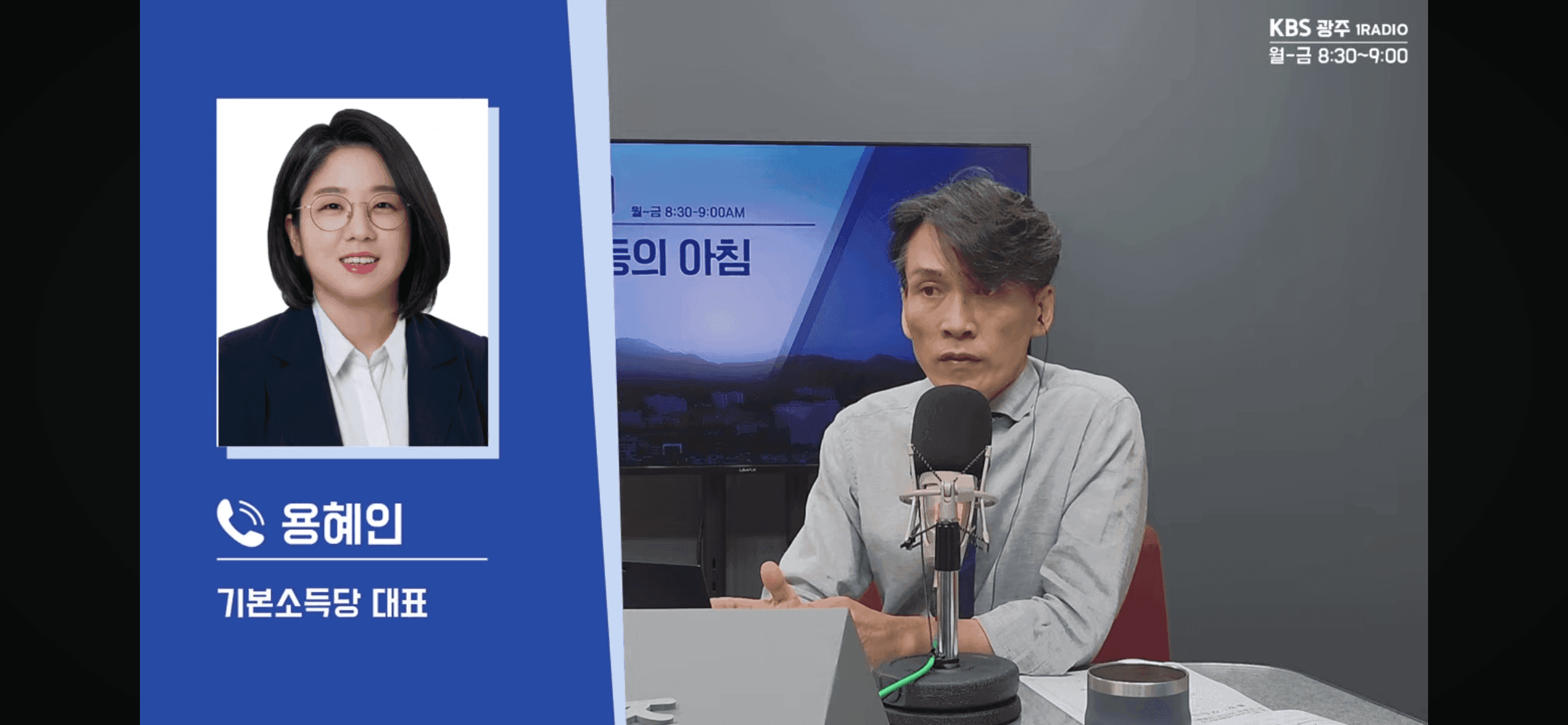
A New Kind of Revolution: Redefining 'Basic'
, the leader of the , isn't just advocating for a policy; she's championing a fundamental shift in how we understand societal well-being. For her, Basic Income is not merely an economic safety net but a political imperative, a necessary 'interest-sharing system' for our times. She boldly asserts that innovation-led growth is unsustainable without it, especially as traditional job-linked welfare models falter in the age of platform capitalism. Yong sees Basic Income as a powerful, institutionalized redistribution system, capable of triggering a cascade of positive changes across society, ultimately reshaping the political landscape itself. At its heart, she emphasizes, lies the profound value of 'dignity.' This aligns perfectly with Article 10, Paragraph 1 of the , which guarantees every citizen the right to human dignity and the pursuit of happiness. In a nation that has achieved remarkable economic success yet still grapples with profound hardship and escalating wealth concentration, Yong believes a new social contract is essential to safeguard individual human dignity, with Basic Income as its cornerstone.
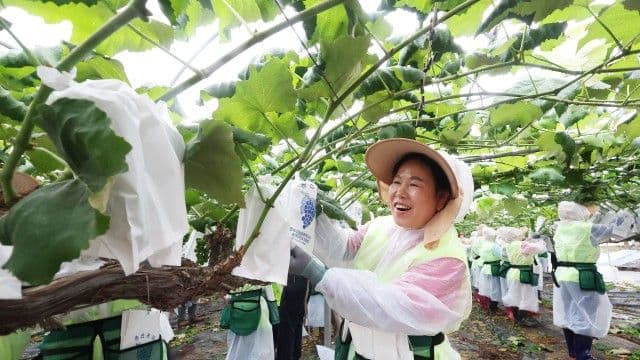
From Honam's Fields to National Policy: The Grassroots Push for Rural Basic Income
's vision for Basic Income is far from abstract; it's deeply rooted in the practical needs of communities, particularly those in rural areas facing existential threats. She has made the Rural Basic Income a cornerstone of her advocacy, initiating a nationwide tour from the region, where pilot projects are already underway in areas like , , , and eight townships in . This hands-on approach reflects her commitment to building public consensus from the ground up. The has even formed a special committee dedicated to realizing this goal. Her proposed legislation, slated for an early August launch, aims to provide monthly payments of 300,000 KRW or more to rural residents. This stands in contrast to other proposals, such as the 's bill, which suggests 150,000-200,000 KRW. Crucially, Yong insists her bill be managed by the , not the , framing it as a vital regional balanced development strategy rather than mere agricultural support. This strategic difference underscores her belief in Basic Income as a comprehensive solution to regional decline.
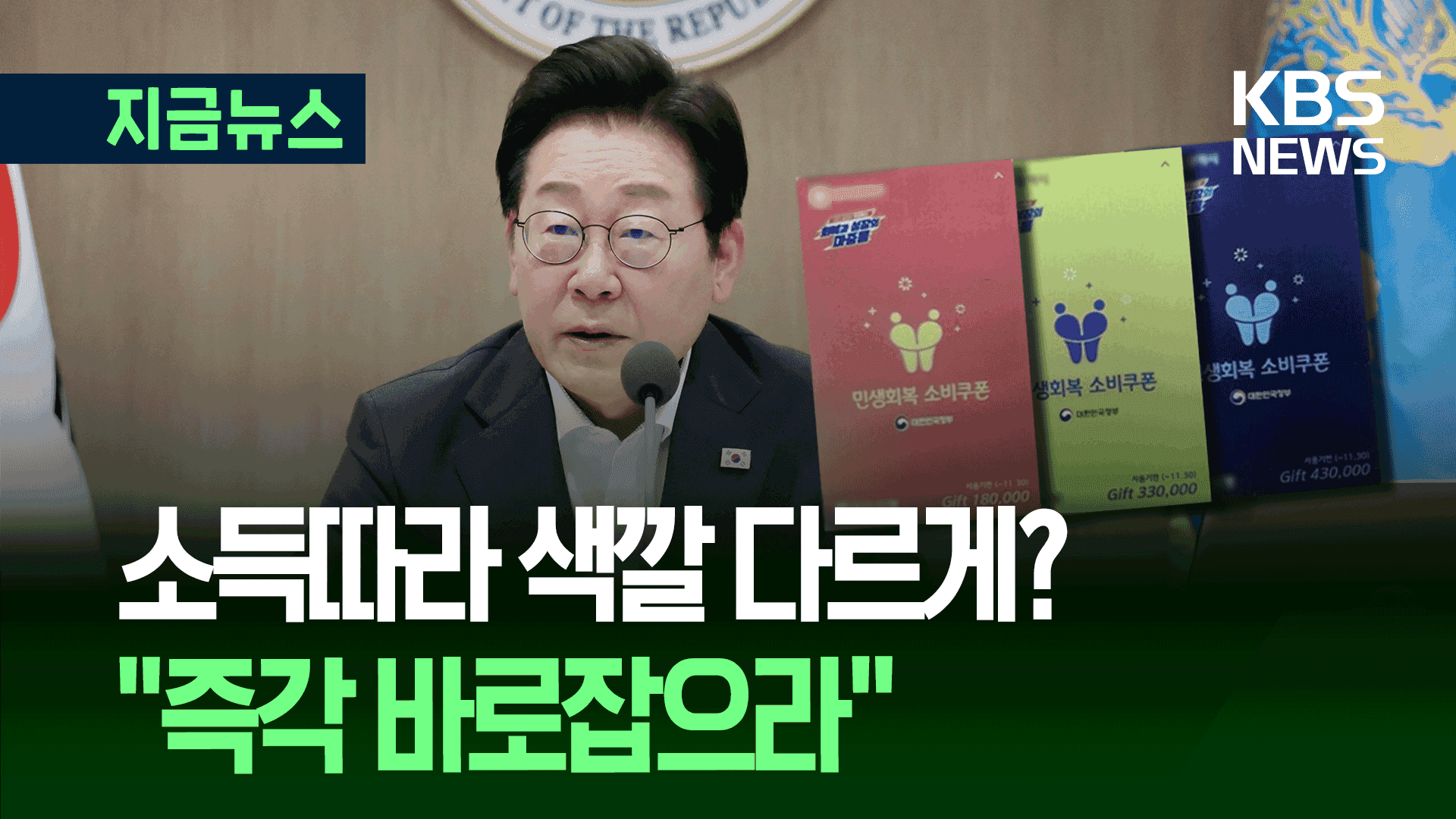
Beyond the Numbers: The Transformative Power of Dignity
The true impact of Basic Income, as articulates, extends far beyond economic figures. It's about restoring the fundamental dignity of every individual. The pilot program in , , offers compelling evidence of this. Beyond the tangible economic boosts—like local currency merchant growth and a 10-20% increase in store revenues, even prompting new businesses to open—the community experienced a remarkable social transformation. Residents spoke of their hearts 'widening,' of learning to support one another, and of their community becoming a more harmonious place to live. This anecdotal yet powerful feedback underscores Yong's core argument: that a guaranteed income isn't just about financial stability; it's a catalyst for revitalizing social bonds and fostering a sense of collective well-being. By ensuring basic economic security, individuals regain 'time sovereignty,' allowing them to engage more deeply in care, personal development, and community life, thereby nurturing a more equitable and dignified society.
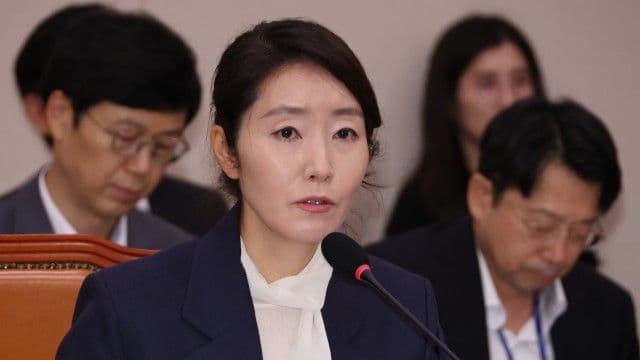
A Voice for the Unheard: Challenging Political Norms
is not one to shy away from direct confrontation with established political powers. Her advocacy for Basic Income is coupled with a fearless willingness to challenge the status quo and articulate what many might consider uncomfortable truths. She has, for instance, vocally criticized the , accusing them of defending figures involved in past 'insurrectionary' acts and allowing the spread of 'election fraud conspiracy theories' among their ranks. She connects this perceived leniency to the party's alignment with ultra-right elements, arguing that a thorough 'liquidation' of such forces is necessary for true political cleansing. This outspoken stance positions her as a distinctive voice in , unafraid to call out what she views as systemic failures and to demand accountability. Her political courage, whether in challenging economic paradigms or directly confronting powerful parties, defines her as a champion for those often marginalized or unheard in the traditional political discourse.
The Road Ahead: Building a Sustainable Future
Looking forward, envisions Basic Income as a cornerstone of a 'Future Investment Nation' – a strategic framework designed to navigate 's complex, multifaceted crises. She firmly believes that sustained, large-scale state-led investment in innovative industries and technologies must be coupled with a robust system of public profit-sharing. This isn't just about economic growth; it's about ensuring that the benefits of progress are equitably distributed, preventing growth from undermining national unity or threatening democracy, a risk she sees in the current platform capitalist landscape. Basic Income, for Yong, is the essential 'primer' for a comprehensive societal overhaul, capable of renewing progressive politics bogged down by conventional thinking. While the financial commitment for nationwide implementation is significant—estimated at 16 trillion KRW annually— remains steadfast. Her ultimate goal is to fundamentally rewrite the social contract, creating a political community where the inherent dignity of every individual is truly protected, paving the way for a more resilient and equitable .
Related Articles

Reclaiming Rural Futures: Yong Hye-in's Basic Income Blueprint for a Dignified Korea

Reclaiming Rural Futures: Yong Hye-in's Basic Income Blueprint for a Dignified Korea
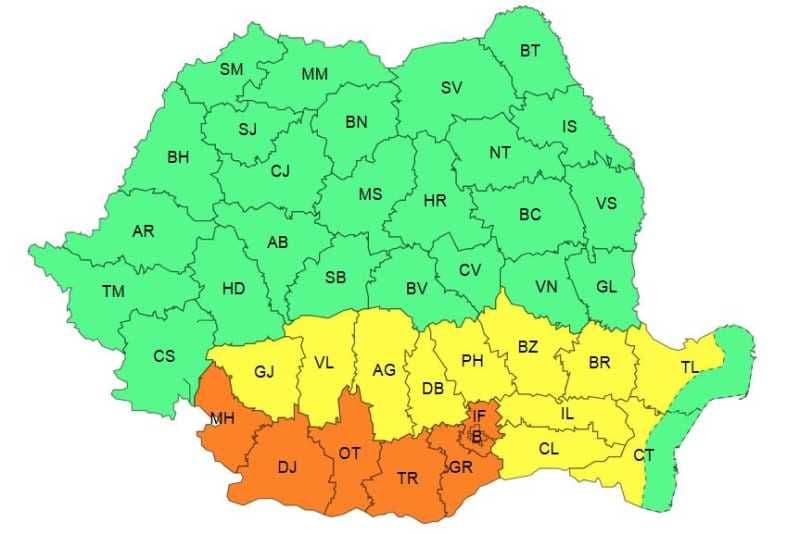
Beyond Asphalt and Pipes: Anghel Saligny, The Unseen Architect of Rural Romanian Revival

Beyond Asphalt and Pipes: Anghel Saligny, The Unseen Architect of Rural Romanian Revival
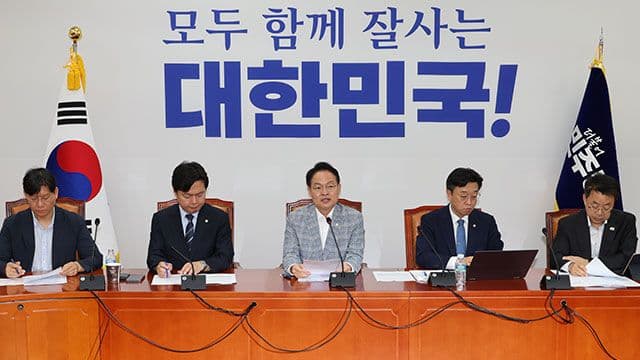
The Quiet Revolution: Unpacking Korea's Pursuit of Industrial Harmony Through Labor Reform

The Quiet Revolution: Unpacking Korea's Pursuit of Industrial Harmony Through Labor Reform
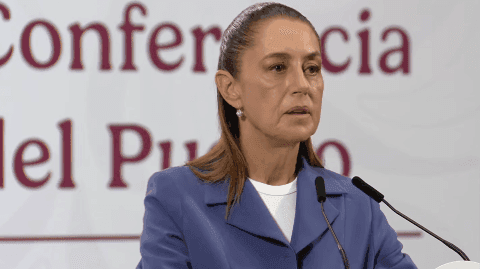
From Bricks to Balance: The Overlooked Economic Roots of True Well-being
